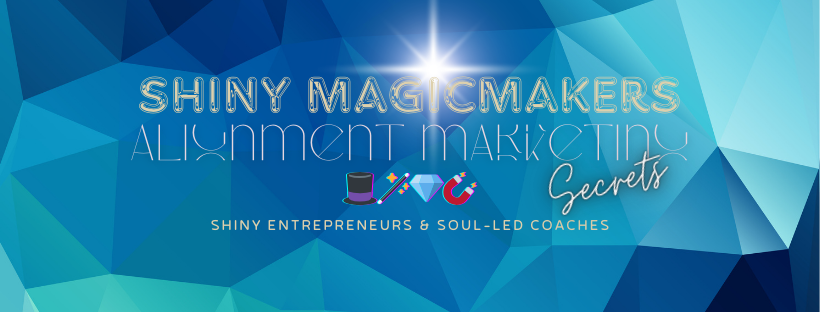“Loses attention”; individuals with ADHD do have a noticeably different way of attending than do people who haven’t the diagnosis. I guess, to some who do not understand ADHD, it may seem that the inattentive type, especially, loses attention. But, if you really take a moment and pay attention to the person with ADHD, they haven’t actually shut down; they are paying attention to something, even if it’s just the thoughts in their head.
On the contrary
Most people with ADHD will tell you they have an abundance of attention, other things become just SO interesting … and that comes off as distractibility. Imagine walking towards the post office with only 5 minutes left before it closes. You must mail out a package for your boss, but there’s a sort of hijacking of your brain (loses attention) as a car passes by … your mind floods with thoughts of that car, how it was just in the coolest commercial, which makes you wonder if you are watching too much TV, and what will you make for dinner? And, you next realize you are 20 yards past the post office. And, the lights are off.
Attention when Googled:
at·ten·tion
əˈtenCHən/
noun:
- notice of someone or something; the regarding of someone or something as interesting or important.
“He draws attention to three spelling mistakes”
synonyms: awareness, notice, observation, heed, regard, scrutiny, surveillance
The experts
At the Penn Behavioral Mind ADHD Symposium in Philadelphia, the issue of inattention was addressed as the “inability to sustain motivation and effort in a subjectively boring situation.” Their suggestion: create secondary reinforcers to get through crushing boredom so as to habitualize behaviors that enable one to “power through the boredom”. The primarily neurotypical audience was told that ADHD might best be understood as a “Self-Control Disorder.”
While I was thinking that didn’t sound any better than Attention Deficit Hyperactivity Disorder, the subject of subjective boredom got me curious. This means that what I think of as being boring might be the thing that gets you going. For example, my husband LOVES the television show, How It’s Made, on the Science Channel; yet, I fall asleep within the first 10 minutes, no matter the topic. Even if it’s on lipstick or shoes, of which I love both, but how they are made doesn’t even register half a click on my interest scale. I think everyone can understand checking out when boredom strikes, but the difference for ADDers is that unfortunately, this can include tasks that are vital for good health and happiness, like personal hygiene or safe driving.
Boredom
Let’s go back to the idea of creating secondary reinforcers to get through our crushing boredom and view yourself as an Environmental Engineer. In layman’s terms you need to externalize all aspects in which there are deficits. In other words, if you aren’t going to do it, how is going to get handled? I am reminded of some great advice from the brilliant coach, Jille Bartolome, who says that when facing tasks that must get done, but they are the ones that do not access your strengths, you can decide to delegate. For example, I hate to clean. In fact, my disdain for cleaning is so intense, I become basically paralyzed and unable to do it. Subsequently, for years I have beat myself up for being so … immature?
But, could what was really going on be described as an Interest Deficit? Interest does directly affect motivation. And, although I will never feel motivation for cleaning, I must admit that when the stakes are high enough (such as having friends come over) a sufficient level of motivation is activated. No friend of mine knows the mess I actually create. Truthfully though, I rarely have friends over, so I’ve depended on delegating that task. Thus, an external support for cleaning appears every other week, in the form of a woman named Isabelle, and does the deep cleanse. So, what is really going on here? I am able to clean, but don’t. So, we don’t do things simply because we can; we do things that we WANT to do.
What helps?
Solution: Create want around the things we must do.
Using the example above, the right amount of want is manufacturing my desire to not feel shame or embarrassment. I value what my friends think of me and I want that to be positive. When my friends see me in a positive light, I am happy. My need for them to like me is fulfilled. AH-HA! Maybe it’s more about fulfilling a need than upholding my values.
Suggestion: Get clear on what your inner needs and values are so you can begin to live in choice and be your authentic self. You pay attention to what is important to you, so find something important about even the things you don’t want to do. Then externalize your deficits.
photo credit: Hannah. (2012, December 19). Fast Hearts Beating In Time With The Bass. Retrieved March 1, 2014, from http://talllblondieee.tumblr.com/post/38288757161

